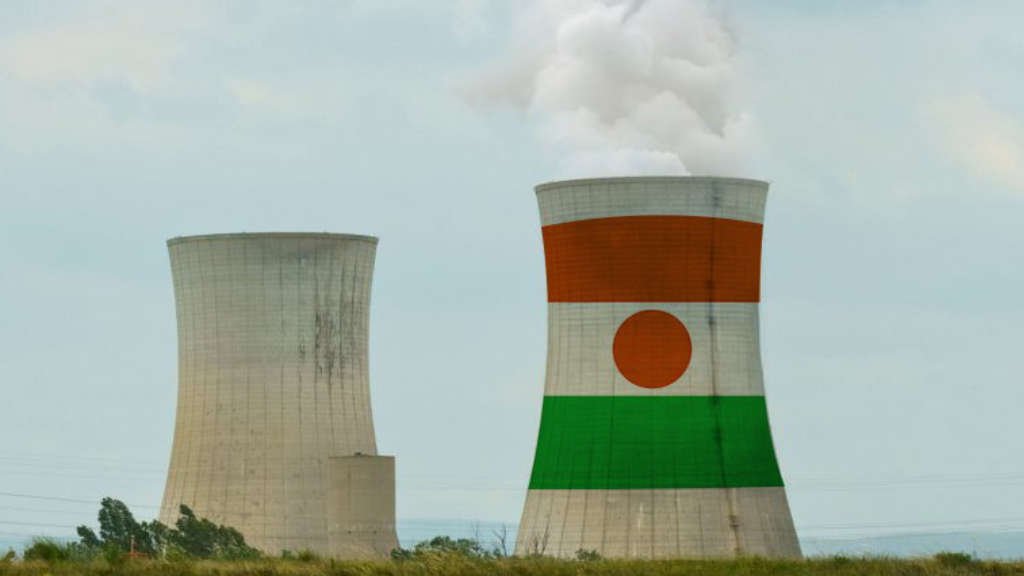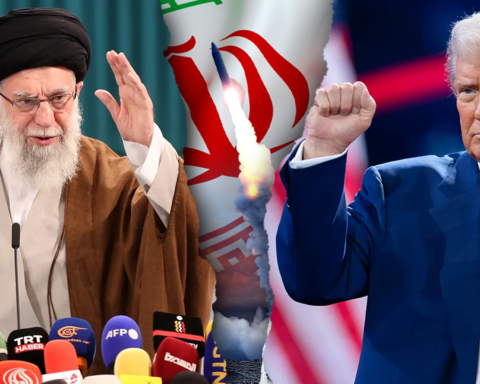A historic agreement between Russia and Niger is set to change the face of West Africa’s energy landscape, with plans to build the region’s first nuclear power plant.
The deal signals not only a technological leap for Niger but also a powerful shift in global geopolitics.
Signed in Niamey, the agreement includes cooperation on nuclear power generation, infrastructure development, and the training of Nigerien specialists in atomic energy. Despite being one of the world’s largest producers of uranium, Niger has long relied on imported electricity to power homes and industries. This project, if realized, could finally allow the country to harness its own resources to achieve energy independence.
For decades, Niger maintained close ties with Western partners such as France, its former colonial power, which relied heavily on Niger’s uranium to fuel its own nuclear industry. But following the 2023 military takeover in Niamey, the country’s new leadership has increasingly distanced itself from Western influence, expelling foreign troops and pursuing fresh alliances.
The nuclear agreement with Russia underscores this new orientation. It also follows a trend across the Sahel, where Mali and Burkina Faso—together with Niger—have formed the Alliance of Sahel States, a regional bloc seeking greater self-reliance in security, diplomacy, and now, energy.
Analysts say the deal is about more than electricity. For Russia, expanding into Africa’s energy sector allows Moscow to increase its diplomatic and economic footprint at a time when it faces isolation from parts of the West. By supporting nuclear development, Russia is positioning itself as a long-term partner in the continent’s growth story.
Also Read; India Defends Oil Trade Amid Western Criticism
Energy experts point out that this is Moscow’s most ambitious nuclear cooperation project in West Africa to date, and its success could pave the way for similar ventures elsewhere on the continent. Already, Russia has signed nuclear energy agreements with countries such as Egypt, Ethiopia, and South Africa, highlighting its determination to be seen as a global energy leader.
For Nigeriens, the promise of stable electricity is transformative. Reliable power could support hospitals, boost education, expand industries, and create jobs. But the road ahead is fraught with challenges. Nuclear projects demand billions of dollars in investment, rigorous safety protocols, and long-term planning—areas where Niger still struggles. Critics warn that the country may become overly dependent on external partners to manage such complex technology.
Still, the symbolism of the agreement cannot be overlooked. For ordinary citizens, the hope is simple: that Niger’s uranium wealth will finally bring light to homes across the country rather than being exported abroad.







